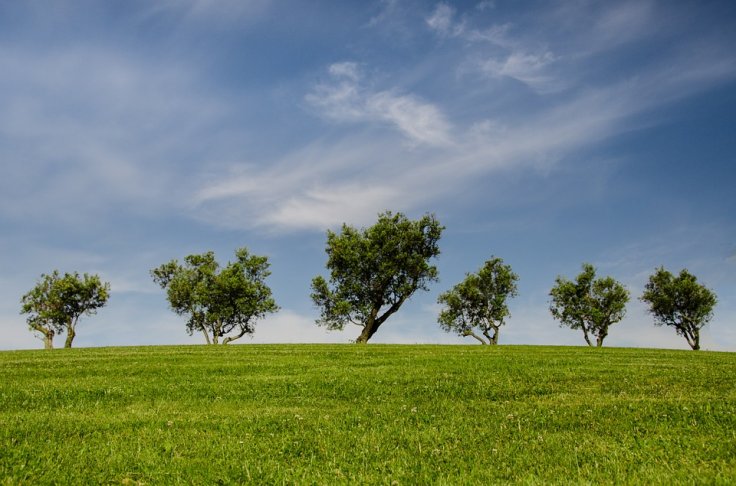Individuals who visit natural spaces weekly, and feel psychologically connected to them, report better physical and mental wellbeing, according to a new study. Alongside the benefits to public health, those who make weekly nature visits, or feel connected to nature, are also more likely to behave in ways which promote environmental health, such as recycling and conservation activities, it added.
The findings, published in the Journal of Environmental Psychology, indicate that reconnecting with nature could be key to achieving synergistic improvements to human and planetary health. "Our results suggest that physically and psychologically reconnecting with nature can be beneficial for human health and wellbeing, and at the same time encourages individuals to act in ways which protect the health of the planet," said study lead author Leanne Martin from the University of Plymouth in the UK.
Findings are based on responses to the MENE survey

The findings are based on responses to the Monitor of Engagement with the Natural Environment (MENE) survey, commissioned by Natural England as part of DEFRA's social science research programme. The research team looked at people's engagement with nature through access to greenspace, nature visits and the extent to which they felt psychologically connected to the natural world.
"In the context of increasing urbanisation, it is important to understand how engagement with our planet's natural resources relate to human health and behaviour," Martin said. "These findings give vital new insights of the need to not just increase contact with nature, but about the sorts of experience that really help people build an emotional connection, which is key to unlocking health benefits as well as inspiring people to take action to help their environment.
"We look forward to using the research as we work with our many partners to support more people from all walks of life to benefit from thriving nature," Martin concluded.









